New Jersey – Driving in the Garden State brings many rights and responsibilities—and when it comes to alcohol-related traffic stops, the stakes are high. The choice to refuse a breathalyzer test may seem like exercising a right, but New Jersey’s strict legal landscape has significant consequences for drivers who choose this path. Whether your commute takes you through bustling Jersey City, suburban Paramus, historic Princeton, or the Shore communities of Asbury Park and Toms River, understanding what happens to your license if you refuse a breathalyzer can make all the difference in your future on the road.
Understanding the Implied Consent Law
New Jersey, like every other state, enforces an implied consent law. This law means when you get your driver’s license and operate a vehicle on public roads—from the turnpike outside Newark to the boulevards of Cherry Hill—you automatically agree to submit to chemical testing if a police officer suspects you of driving under the influence.
This law is grounded in the idea that driving is a privilege, not a guaranteed right. If you’re pulled over in Edison, Montclair, or Atlantic City and an officer requests a breath test based on reasonable suspicion, you are legally required to comply.
What is a Breathalyzer Test?
The breathalyzer, the most commonly used device in New Jersey to measure blood alcohol concentration (BAC), is a critical tool in drunk-driving enforcement. Jersey police departments, from Hoboken to Hackensack, use reliable scientific equipment—until recently the Draeger Alcotest 7110, now being phased into the Alcotest 9510.
The breath test works on a simple principle: alcohol present in a driver’s breath reflects the alcohol content in their bloodstream. In New Jersey, the legal limit for BAC is 0.08%.
The Decision to Refuse: Motivations and Myths
Drivers sometimes consider refusing the test for various reasons—mistaken beliefs that lack of evidence might avoid conviction, concerns about the test’s accuracy, or simple fear. While high-profile cases and stories might fuel these notions, the reality is that refusing the breathalyzer can have legal consequences equal to, or worse than, failing the test.
Many drivers across cities like Trenton, Paterson, and Morristown have discovered that refusal is not a get-out-of-jail-free card. In fact, refusal is prosecuted as a separate offense and brings its own hefty penalties.
What Legally Counts as Refusal in New Jersey?
In New Jersey, refusal to submit to a breathalyzer isn’t just saying “no” to an officer. The law considers a wide array of behaviors as refusal, including:
- Outrightly saying no.
- Remaining silent or ambiguous when asked.
- Deliberately providing an insufficient breath sample.
- Acting in a manner that delays or stalls the test process.
- Offering conditional consent (e.g., agreeing only if certain conditions are met).
Police and courts in New Brunswick, Secaucus, and beyond treat all of these scenarios as refusals.
Immediate Consequences at the Traffic Stop
Refusing the breathalyzer in New Jersey triggers instant administrative action. You may be:
- Placed under arrest for refusal.
- Given a summons, separate from any charges of driving under the influence.
- Required to surrender your driver’s license on the spot.
In some cases, officers may also impound your vehicle, particularly in larger municipalities like Elizabeth or Woodbridge.
Penalties for Refusing a Breathalyzer Test
First Offense
For your first refusal throughout New Jersey—whether on the highways of Paramus or the rural roads of Hunterdon County—the state mandates:
- A fine ranging from $300 to $500.
- A mandatory installation of an ignition interlock device on your vehicle before license restoration.
- Driver’s license suspension until the device is installed (often 7 to 12 months if not promptly installed).
- Attendance at an Intoxicated Driver Resource Center (IDRC), typically for at least 12 hours.
- A surcharge of $1,000 per year for three years.
The process is designed to ensure that, upon restoration, you can only operate a vehicle equipped with an ignition interlock, which prevents the car from starting if you have alcohol on your breath.
Second Offense
For a second offense in any New Jersey city, the penalties intensify:
- A fine of $500 to $1,000.
- Driver’s license suspension for 1 to 2 years.
- Mandatory use of the ignition interlock device for a prescribed period (typically 2 to 4 years).
- Participation in the IDRC for an extended time.
- Continuing annual MVC surcharges.
The increased penalties reflect the seriousness with which New Jersey treats repeat offenders, aiming to prevent recidivism.
Third or Subsequent Offense
On your third refusal—documented anywhere statewide, from Red Bank to Millburn—the consequences become exceptional:
- A $1,000 fine.
- License suspension for 8 years or more.
- Mandatory use of the ignition interlock device for several years.
- Higher insurance surcharges and dramatically increased financial strain.
These severe measures underscore the law’s intent to keep repeat violators off the roads for extended periods.
Potential for Dual Penalties: DUI and Refusal
Refusing the breathalyzer does not preclude a DUI conviction. If law enforcement in Clifton, Somerville, or Cape May can otherwise prove impairment (through field sobriety tests, observations, or other evidence), you can be convicted of both DUI and refusal, receiving penalties for both offenses. This “stacking” of consequences increases the impact on your criminal record and driving privileges.
School Zone Enhancements
Penalties become even stiffer if the offense occurs in a school zone. For example, a first offense refusal within a designated school zone brings longer license suspensions and higher fines. Towns such as Princeton, Westfield, or Belleville with many schools see these enhancements applied more frequently.
The Intoxicated Driver Resource Center (IDRC)
All individuals convicted of breathalyzer refusal must attend the IDRC. These centers exist in every county and are mandatory for license restoration.
At the IDRC—whether in Bergen, Essex, or Camden County—drivers participate in alcohol education programs, assessment, and follow-up counseling if necessary. Failing to attend or complete the program prevents license reinstatement.
Ignition Interlock Device (IID) Mandate
The use of an ignition interlock device is a central part of New Jersey’s approach. After a refusal conviction, before you can drive again—from Morristown to Manahawkin—you must install an IID.
This device is:
- Installed at the driver’s expense.
- Monitors your breath for alcohol before allowing the vehicle to start.
- Required for all vehicles you own, lease, or regularly operate.
The costs include installation, monthly maintenance, and eventual removal. Many find these expenses, in hundreds or even thousands of dollars, as burdensome as suspension itself.
Insurance and Financial Impact
Beyond fines, surcharges loom. New Jersey’s Motor Vehicle Commission assesses an annual surcharge for three years after a conviction. Auto insurance rates also skyrocket, as companies in towns like Freehold or Livingston view refusal convictions as signs of risky behavior.
Insurers may move drivers into “assigned risk” pools, which carry much higher premiums and fewer coverage options. For many, this financial impact can linger years after the event.
Additional Consequences for Commercial Drivers
If you carry a commercial driver’s license (CDL) and refuse a breathalyzer while operating a commercial vehicle, New Jersey law imposes stricter penalties. A first offense carries at least a one-year suspension of commercial driving privileges, escalating for subsequent violations. In cities like Secaucus or Bayonne, this can cost you your livelihood.
Statistical Picture: Refusals and Enforcement in New Jersey
National studies suggest about 20% of drivers suspected of DUI refuse to provide a breath sample. In New Jersey, the refusal rate has historically hovered above this national average, sometimes exceeding 25% in certain years. Statewide campaigns have targeted this high refusal rate with tougher enforcement and enhanced penalties.
In recent years, major urban centers such as Newark, Paterson, and Camden have reported increasing numbers of breathalyzer refusals, reflecting both rising enforcement and public misconceptions about the consequences.
Why Refusing Can Be Worse Than Compliance
Contrary to popular belief, refusing the breath test in cities like Linden or Rahway does not “beat the system.” In fact, refusal convictions are easier for prosecutors to prove, since the act of refusal itself—documented by an officer and often recorded—stands as evidence.
Without BAC evidence, defendants lose certain legal defenses. Additionally, courts look unfavorably on refusal, sometimes resulting in harsher penalties or longer suspension periods.
Challenging a Refusal Charge: Is It Possible?
While challenging refusal charges can be difficult, experienced attorneys operating out of places like Morristown or Ocean City may seek to prove:
- Police did not have probable cause for the initial traffic stop.
- The breathalyzer device was not properly maintained, or the officer administering the test lacked proper certification.
- Failure to follow protocol in informing you of your rights and the consequences of refusal.
Yet, the burden of proof often shifts to the driver, making legal victories rare.
Your Rights During a Traffic Stop
In New Jersey, you do not have the right to speak to an attorney before deciding whether to take a breath test. Police are required, however, to inform you of the consequences of refusal. The right to remain silent, so often heard in TV cop dramas, does not extend to the moment you’re asked to comply with chemical testing.
How Different Cities Enforce DUI Laws
Enforcement may feel tougher in certain municipalities:
- Jersey City and Newark have specialized DUI enforcement teams and frequent checkpoints.
- Cherry Hill and Piscataway invest heavily in public awareness campaigns about DUI and refusal.
- Shore towns like Long Branch and Point Pleasant step up enforcement during summer months.
- College towns such as New Brunswick and Princeton coordinate with campus police to handle student drinking and driving.
Regardless of location, the law is uniform statewide.
Steps to Take If You’ve Refused a Breath Test
If you are facing a refusal charge in Union, South Orange, or Vineland, swift action is critical:
- Consult with an experienced DUI attorney as soon as possible.
- Gather all documentation and information about your arrest.
- Follow all court requirements, including attending the IDRC.
- Arrange for prompt installation of an ignition interlock device, if required.
Being proactive can potentially reduce the long-term impact on your record and daily life.
Preventing Future Incidents
The effects of refusal are long-lasting, but New Jersey does offer pathways to full license restoration. Completing the requirements, remaining offense-free, and following insurance mandates are key steps.
Community programs in cities like Bridgewater and Englewood promote safe driving and alcohol education. Local police frequently participate in outreach to ensure all drivers are aware of the risks and consequences of refusal.
Conclusion
Refusing to submit to a breathalyzer test in New Jersey is a serious decision with profound consequences—legal, financial, and personal. The loss of driving privileges, significant fines, mandatory education, and the installation of ignition interlock devices are just the beginning. These penalties apply in every city and town, touching the lives of drivers from the streets of Jersey City to the boardwalks of Atlantic City.
Education, awareness, and legal advice are your best defenses. Understanding the severe implications of refusal—and the even greater risks of impaired driving itself—serves not only your best interests but also the safety and well-being of every community across New Jersey. If you face this decision, do so with full knowledge of the law and a clear understanding of the lasting impact on your future behind the wheel.
Useful Links:
Breath Test Refusal Rates in the United States

Mrs. Odice has been a teacher here for 9 years. She likes yoga and spends most of her time with her 3 kids. She also grew up going to Douglas County schools and is Canadian.

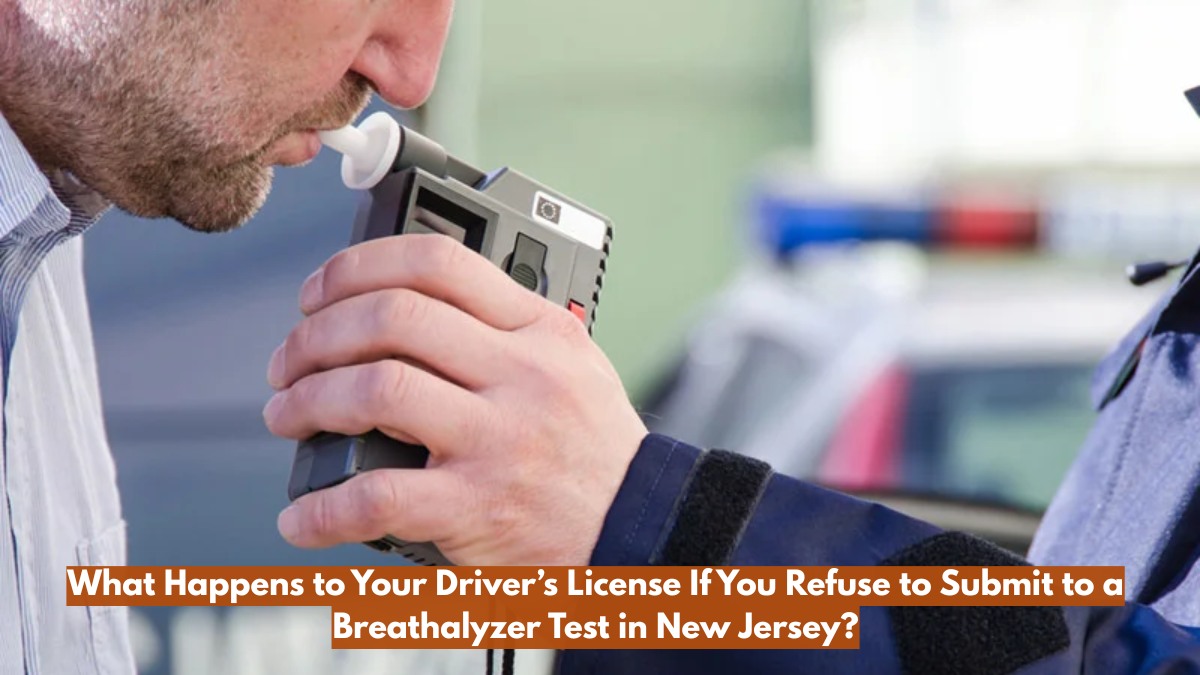
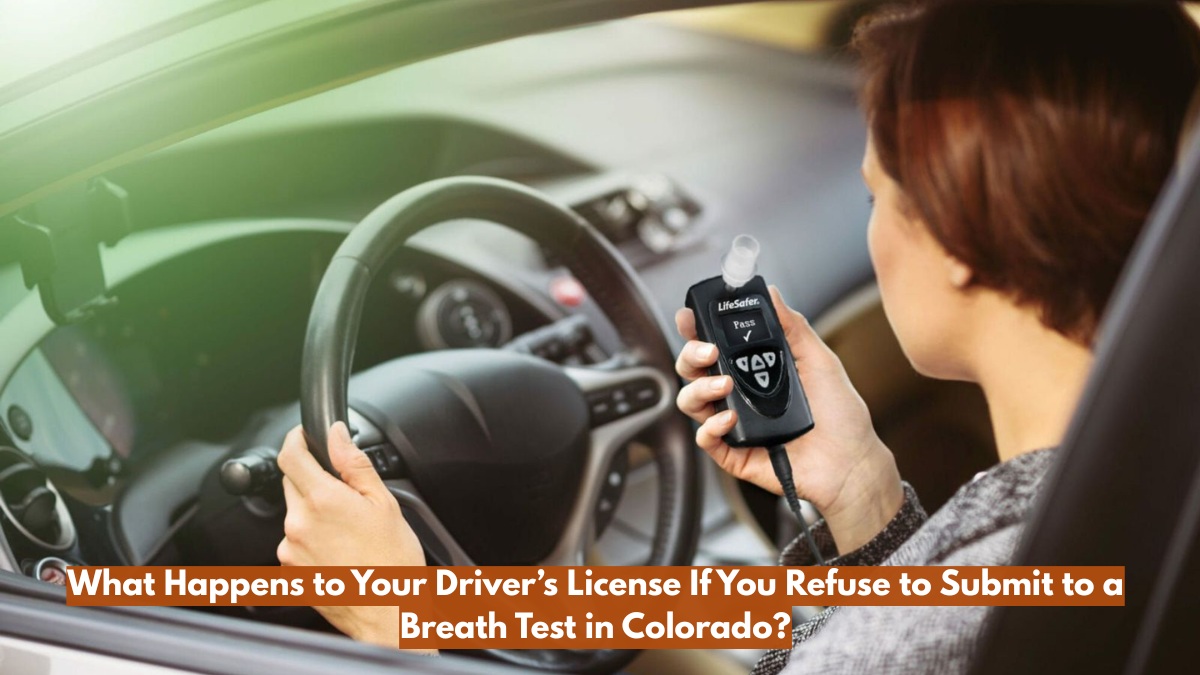
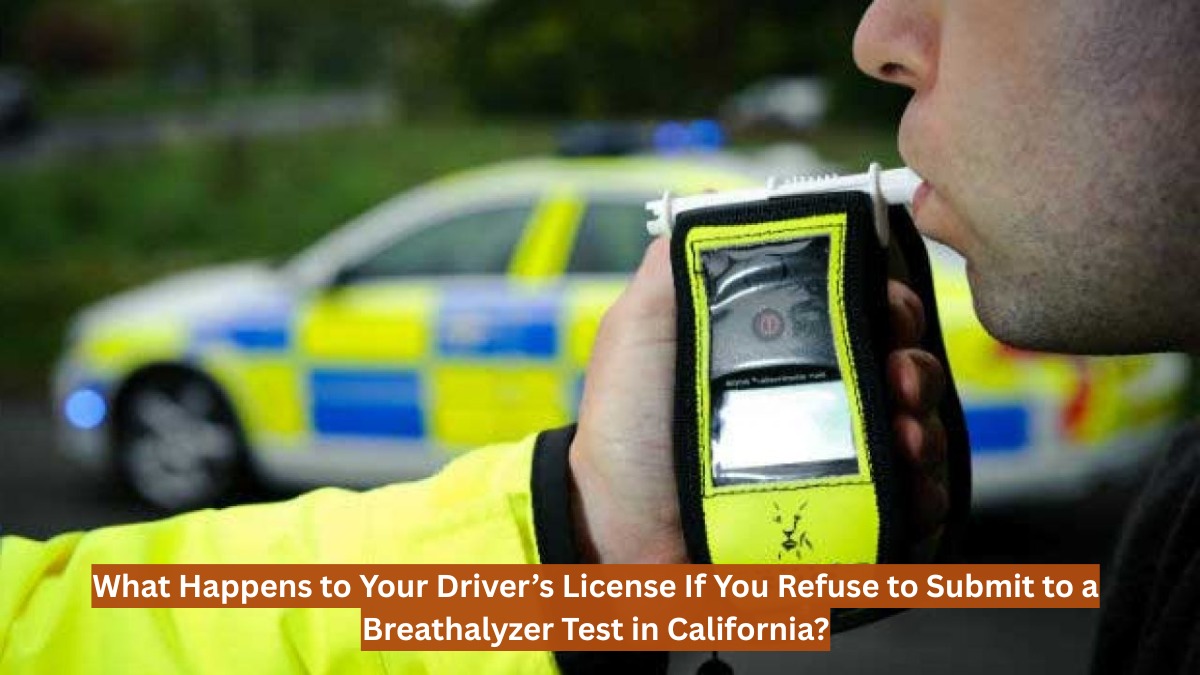
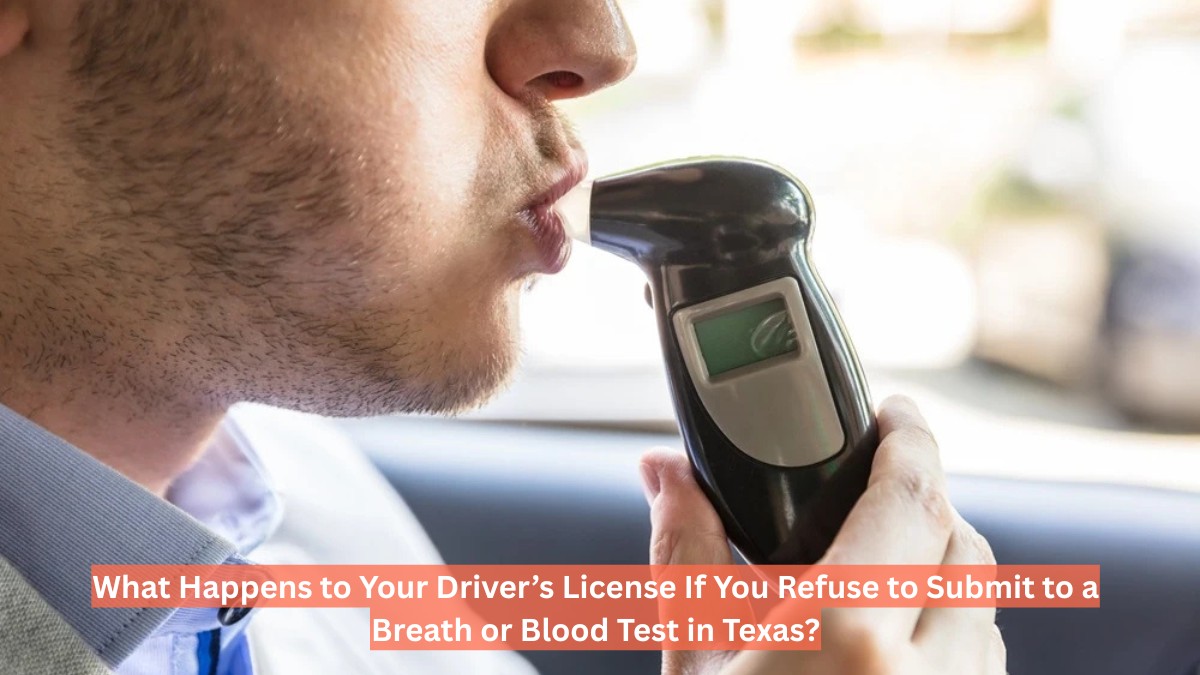


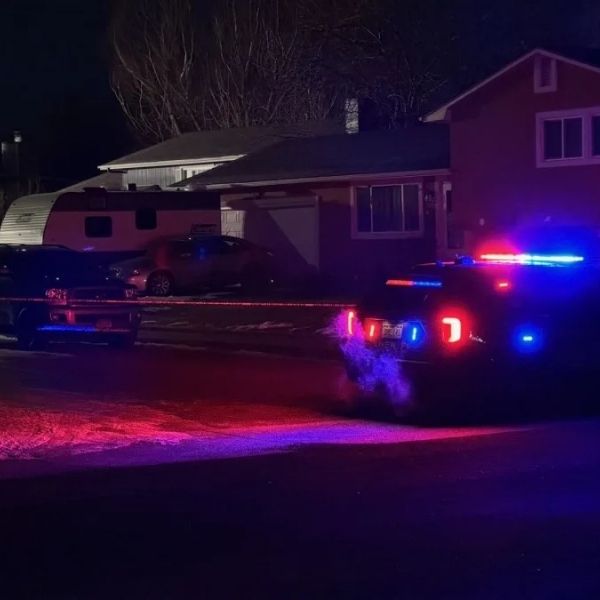
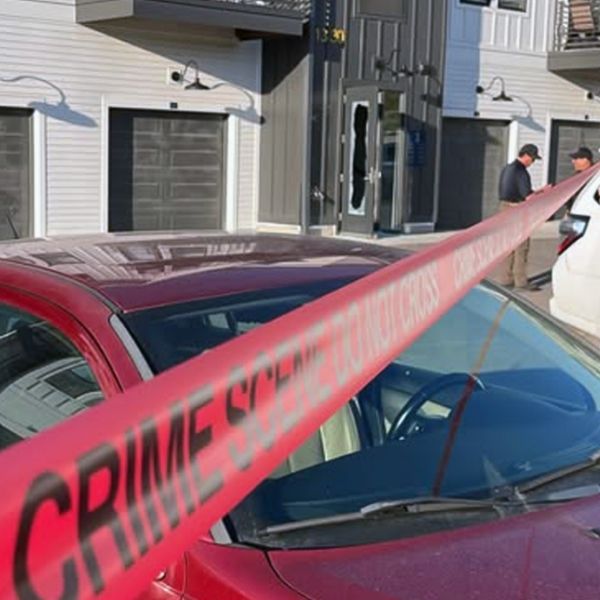
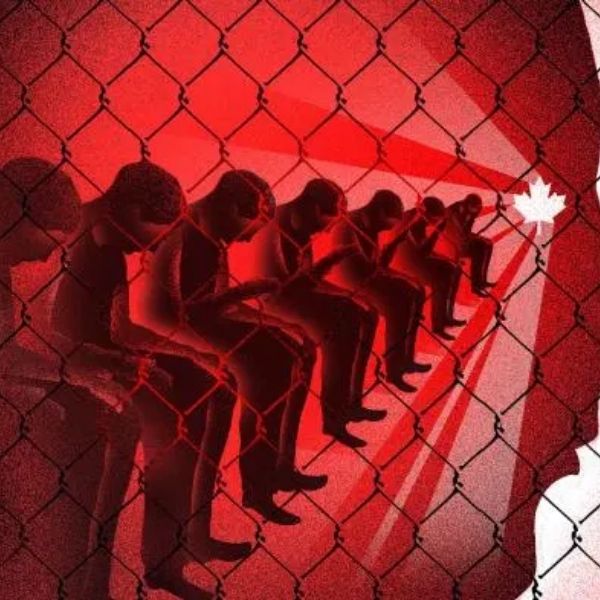
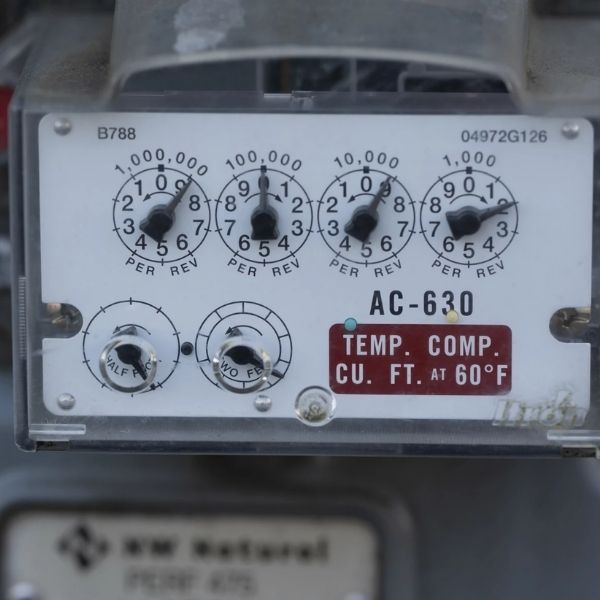
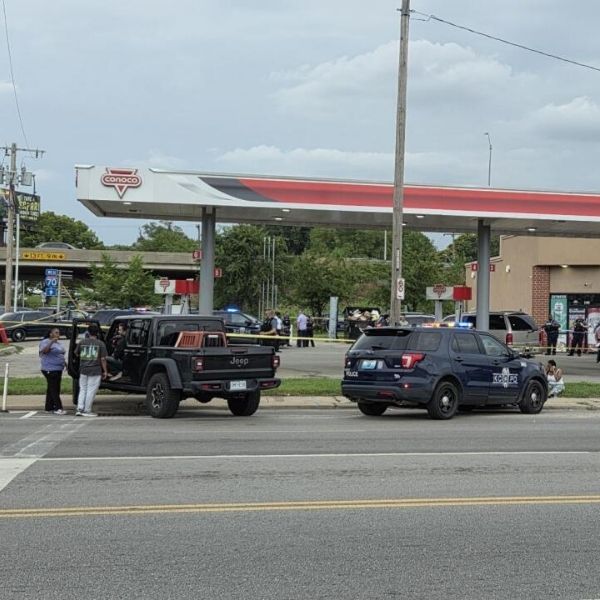



Leave a Reply